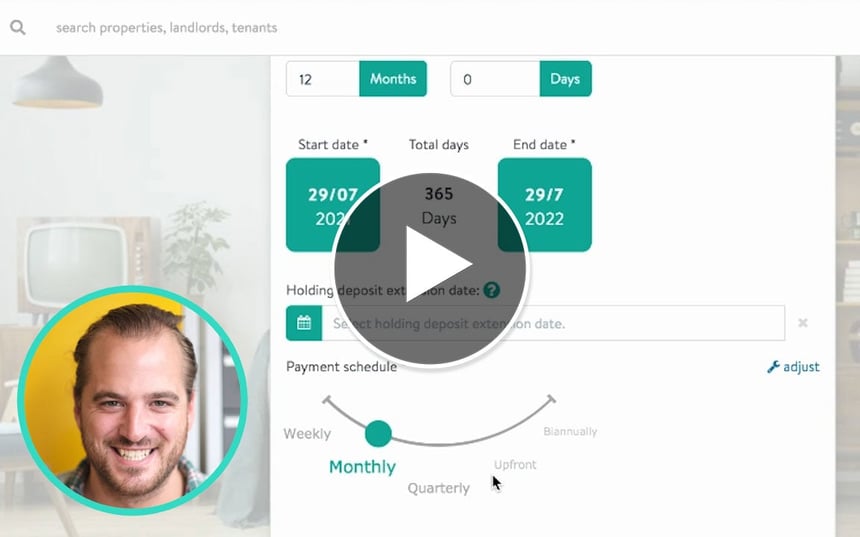THE LATEST NEWS, VIEWS AND DATA FROM THE LETTINGS INDUSTRY
Trending now
22.04.2024
What letting agents and landlords need to know about gas certificates when serving a Section 21 notice
Sign up to our newsletter
The latest news, views and data from the lettings industry
Keep up to date with our articles - subscribe to our newsletter now and never miss out.
Insights
Latest average rents
January
February
March
North West
£959
£948
£935
North East
£846
£855
£851
West Midlands
£956
£934
£962
East Midlands
£980
£992
£962
South West
£1172
£1174
£1169
South East
£1283
£1293
£1286
London
£1972
£1941
£1954
England average
£1167
£1162
£1160
Compliance
Business
Landlords
Your guide to the Scottish rent cap and moratorium on evictions
What should letting agents and landlords do if a tenant is involved in anti-social behaviour?
Cost of living
17.04.2023
PODCAST: Welsh lettings legislation update: Renting Homes (Wales) Act, EPC ratings, and more - with Ricky Purdy
UPDATE: Your guide to the energy price guarantee and equivalent business support
PODCAST: Welsh lettings update: Renting Homes (Wales) Act 2016 and more - with Dawsons











.png)
-4.png)



